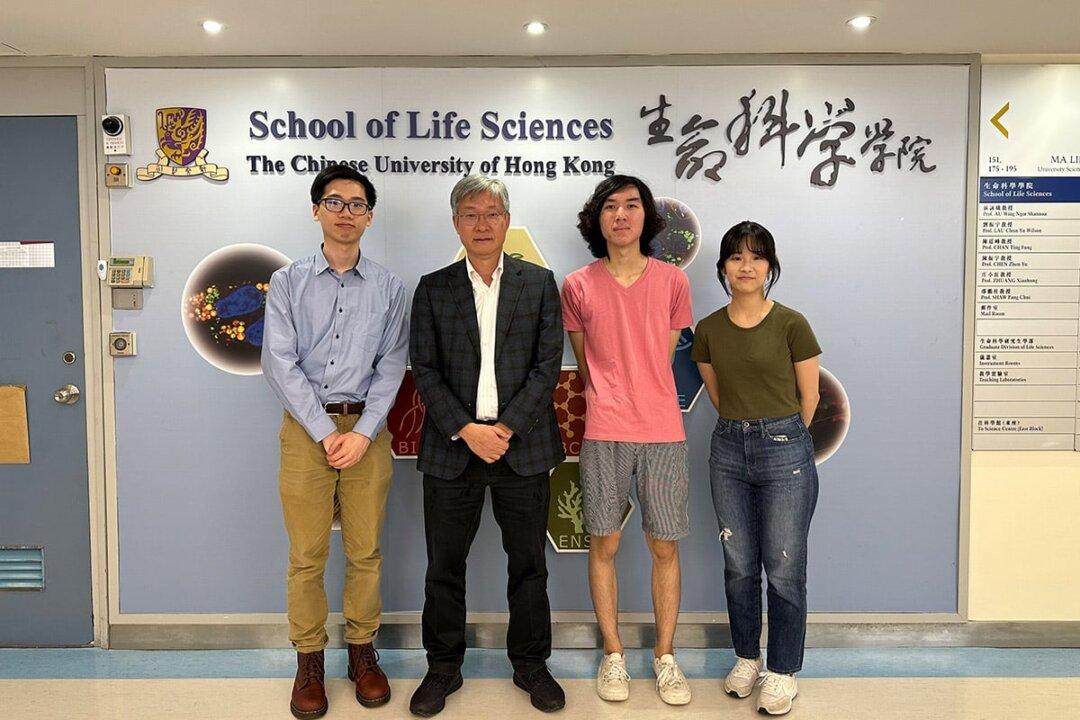H. pylori is the main culprit of peptic ulcers. CUHK, together with the University of Oxford and the National Cancer Institute, has discovered how H. pylori use toxic metal, nickel ions, to survive in the acidic environment of the human stomach. The team believes this discovery will help in the development of new drugs targeting H. pylori.
H. pylori is the only bacterium that can colonize the human stomach because the bacterium produces large amounts of urease, which helps the bacterium neutralize stomach acid and thus protect the H. pylori.




